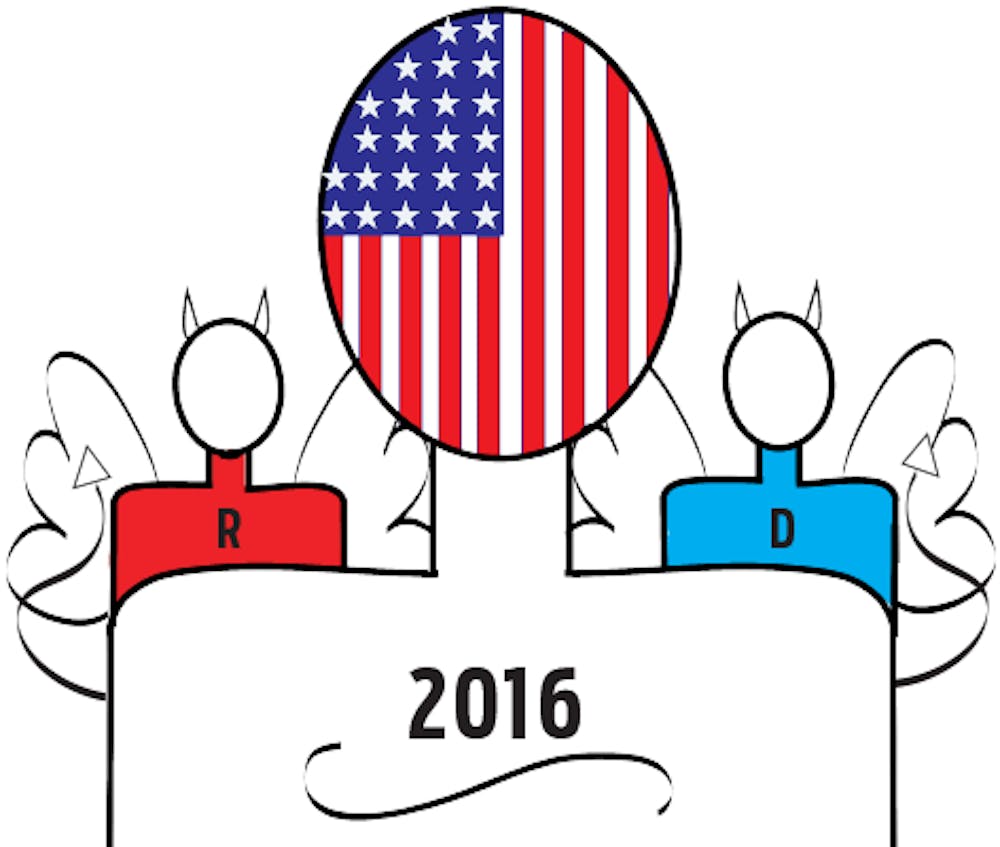This column marks not only the end of my fifth semester as a columnist for the Indiana Daily Student, but also my last paper as the editor of this section.
While both have provided me with excellent experiences, they have also taught me some important lessons. Easy ones like not waiting until 3 a.m. to try and construct an argument in 500 words and hard ones like admitting I’m wrong after I have already put my thoughts in print.
Given that this is my last chance, and it’s a bit of a tradition, I’ll share some these lessons with you.
The most obvious thing I learned is what exactly is an opinion. In today’s quick moving social climate, this word has been frequently misused. An opinion is not a statement that can’t be opposed. It isn’t a catch-all word that allows people to spew false facts and then claim they can’t be reproached for them.
Opinions are judgments made based upon the facts one is given. If your facts are false, your opinion isn’t valid.
Claiming a statement is only an opinion won’t save you from criticism and it shouldn’t. If we can’t support our opinions with a plethora of true and reliable facts then, instead of clinging to our opinions like a security blanket, we should challenge them. To do so, we have to accept a few things about the media and about ourselves.
First, news is biased. Most news attempts to be impartial, and its an admirable goal. However, just like you can’t pretend you weren’t a little meaner than you should have been on your group-project-assigning professor’s evaluation sheet, no one can pretend that journalists don’t have political viewpoints. That is what the opinion section is for, after all.
Second, facts can lie. It’s called spin and it’s literally everywhere. A statistic is meaningless unless it is put in context. That context will determine whether something is going up or down, whether more crimes are happening or just that more are being reported. Context is everything and nothing exists in a vacuum. Not your statistics, not your statements, not your vote.
We have to be aware of these downfalls of media in order to recognize how they affect our own preconceived notions.
Despite previous warnings and cautions, it feels like 2016 is the most divided our country has ever been. Not only are the two main parties polar opposites of each other, but those parties are also splitting from within.
An equally divided media only exacerbates this division. Conservatives and liberals fall into holes of media that only confirm their own beliefs and then are taught to ridicule the opposing party for doing the same thing.
Only listening to one side does not strengthen viewpoints, it weakens them. If you can’t understand the opposition then you can’t oppose it in a meaningful way.
More importantly than that, you can’t find common ground. You end up in a gridlock, getting nothing done and hating both sides, which is where most of the electorate is right now. We don’t need more people shouting that they are right and that they told you so. We need compromise.
So this is what I have learned. Despite our amazing right to free speech, our words have consequences. Listen before you speak. Be responsible for your words and for the information that you perpetuate. Make sure you are honest about what you know and what you don’t. Keep an open mind.
I plan to take these lessons I learned here at IU, and specifically at the IDS, beyond this final column and into the rest of my life. Maybe through this extended education, I will someday have learned enough to form all my opinions so I convince everyone I am completely right. But probably not.
jordrile@indiana.edu
@RiledupIDS




